Question And Answer
Publications
Articles, publications, books, tools and multimedia features from the U.S. Institute of Peace provide the latest news, analysis, research findings, practitioner guides and reports, all related to the conflict zones and issues that are at the center of the Institute’s work to prevent and reduce violent conflict.
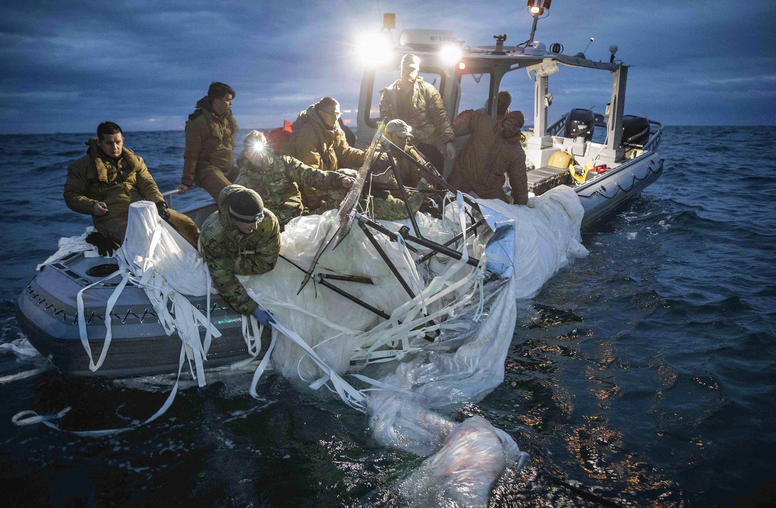
After Beijing’s Balloon, What’s Next for U.S.-China Ties?
Days before U.S. Secretary of State Antony Blinken was set to travel to Beijing, the Pentagon announced it had detected a Chinese “surveillance balloon” over Montana. The incident sparked intense speculation about China’s intentions, including why it would choose to employ a relatively low-tech surveillance device. Ultimately, Blinken announced on February 3 that he was postponing his trip, which would have been the first by a U.S. secretary of state in five years. With U.S.-China tensions already simmering, the balloon episode injects more mistrust and scuttled the opportunity presented by Blinken’s trip to resume cooperation on areas of mutual interest and demonstrate that both sides want to better manage bilateral tensions.
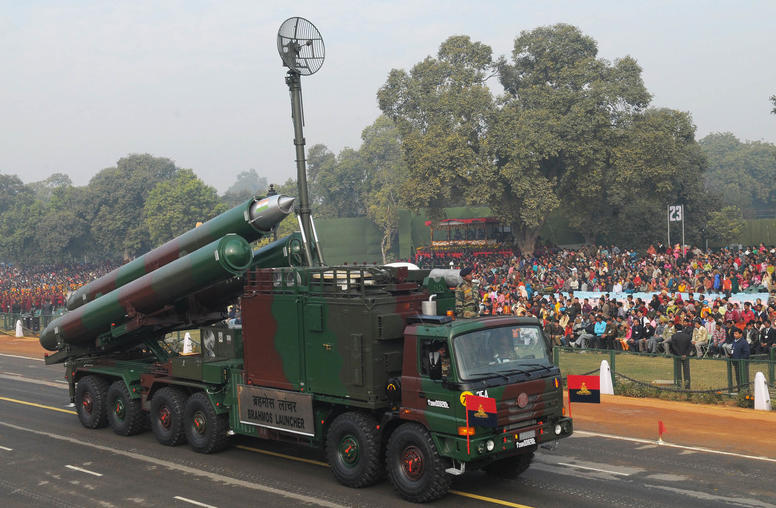
The Persistent Threat of Nuclear Crises Among China, India and Pakistan
Southern Asia — India, Pakistan and China — is the only place on earth where three nuclear-armed states have recently engaged in violent confrontations along their contested borders. As a USIP senior study group report concluded last year, the problem of nuclear stability in Southern Asia is getting harder to manage because of geopolitical changes, such as rising India-China border tensions, as well as evolving military technologies, including growing nuclear arsenals and more capable delivery systems. Unfortunately, in the time since that senior study group completed its work, little has happened to revise its worrisome conclusion or to prevent the most likely triggering causes of a nuclearized crisis in Southern Asia. To the contrary, there are some good reasons to fear that the situation in Southern Asia has even deteriorated over the past year.
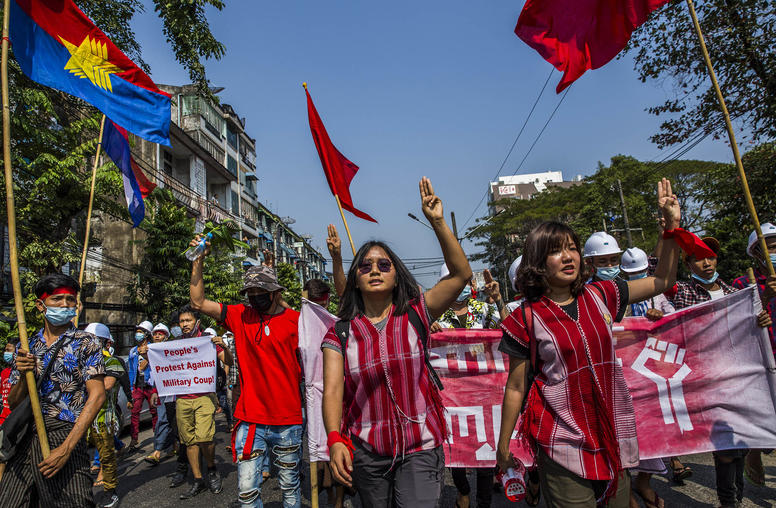
Two Years of Myanmar’s Junta: Regional Instability, Surging Organized Crime
Two years ago today, Myanmar’s military snuffed out the country’s democratic government in a coup and set about restoring the grim dictatorship that dominated the Southeast Asian nation for 50 years. But the generals’ initial moves — jailing civilian leaders, shutting the free press, issuing heavy-handed decrees — were the only things that went according to plan. To date, the coup has instead triggered myriad unintended effects. None are more urgent and consequential than the instability and crime that the generals’ power grab triggered across Southeast Asia, and none more directly implicate U.S. interests in the region.
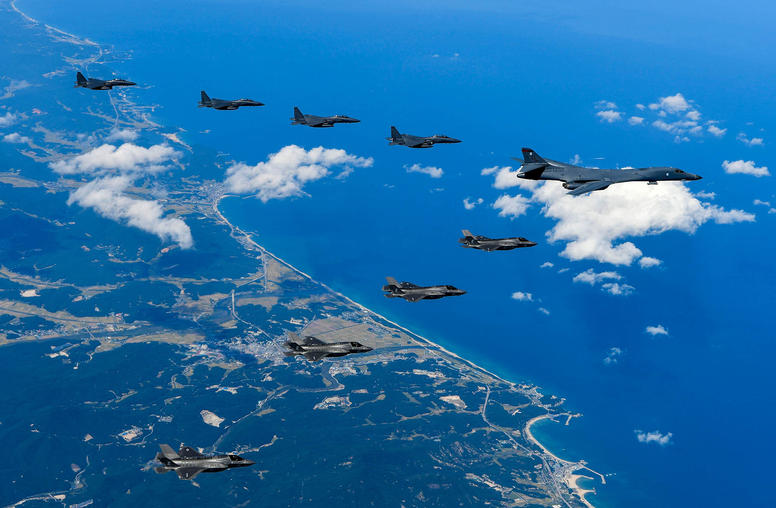
North Korean Arms Control Doesn’t Have to Conflict with Disarmament
There is a tension between limiting North Korea’s nuclear weapons program and pursuing the goal of a denuclearized Korean peninsula. To emphasize the former — through arms control and risk-reduction measures — can seem at times like a repudiation of the latter. Conversely, a focus on disarmament — still the core of U.S. policy — can seem outright fanciful given North Korea’s stunning technological advances. In North Korea, the United States faces a nuclear-armed state whose capabilities continue to expand despite international opposition and extensive economic sanctions. Disarmament simply isn’t in the cards right now.
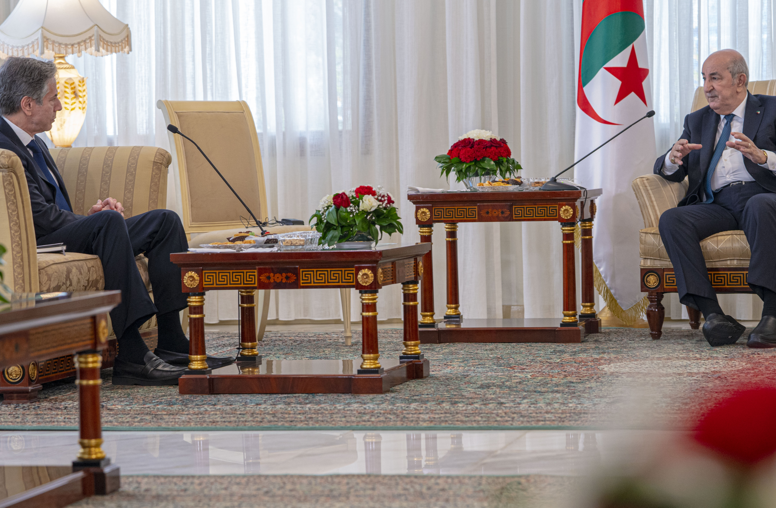
A Newly Assertive Algeria Seizes an Opportunity
For decades, Algeria has eschewed participation in international affairs. As a member of the non-aligned movement, the country has been described as “anti-Western,” “anti-capitalist,” and “insular.” Privately, American diplomats describe the government as one of the region’s most challenging to penetrate and understand. But over the last two years, there have been signs that Algeria is changing and starting to flex its economic and political muscles, which has accelerated in the wake of the war in Ukraine, with Algeria capitalizing on opportunities created by changes to global energy markets. Algeria has also increasingly asserted itself in the African Union and Arab League, stepped up its lobbying efforts in foreign capitals and is deepening ties with Beijing. But is Algeria ready for the responsibility that accompanies the role it is positioning to play?
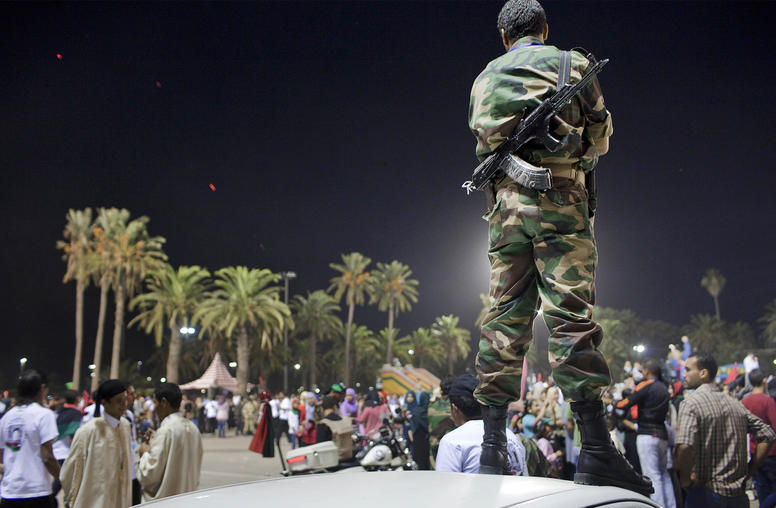
The U.N.’s Libya Mission Needs a Reset
Nearly 12 years since the overthrow of Libya’s longtime dictator, Muammar Qaddafi, the country remains divided, providing opportunities for malign foreign interference. European and Middle Eastern governments have exploited the Libyan conflict to advance narrow self-interests — often at the expense of the Libyan people. Against this backdrop, the United Nations, via its support mission in Libya (UNSMIL), has worked to find a way to balance the interests of the Libyan people, political elites and powerful external actors to devise a political settlement and resolve the conflict.

Donald Jensen on the Latest Wave of Russian Rocket Attacks in Ukraine
Amid the harsh Ukrainian winter, Russia has launched a slate of rocket attacks targeting Ukrainian cities. “They can’t win … so they’re just going to attack civilian targets and hope that it weakens the resolve of the Ukrainian people,” says USIP’s Donald Jensen. “But there’s no sign that’s happening.”
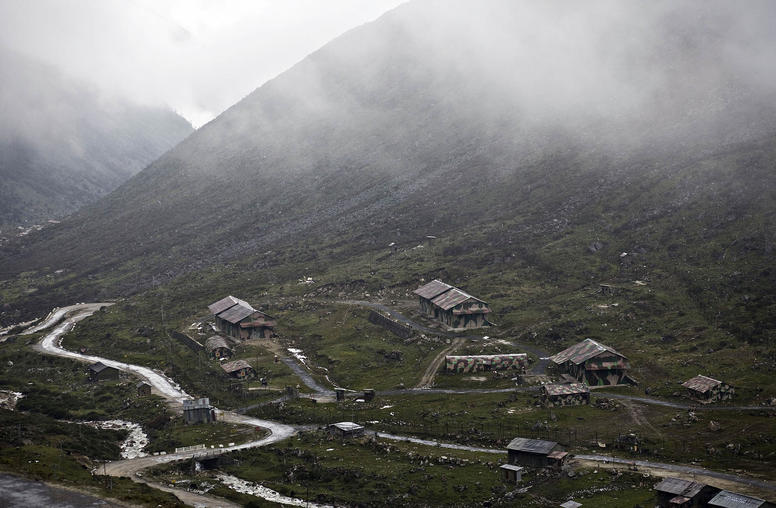
Another Clash on the India-China Border Underscores Risks of Militarization
On December 9, hundreds of Indian and Chinese forces clashed along the Line of Actual Control (LAC), the roughly 2,100 miles contested boundary that separates northern India from China. Neither side used firearms, and no deaths were reported, but both Indian and Chinese forces sustained injuries. The skirmish was the worst since the summer of 2020, when deadly fighting in the Galwan Valley led to the most significant border escalation in over four decades. In the wake of those 2020 clashes, India and China held 17 rounds of military talks — but have been unable to reach terms for disengagement across key areas of the disputed border.
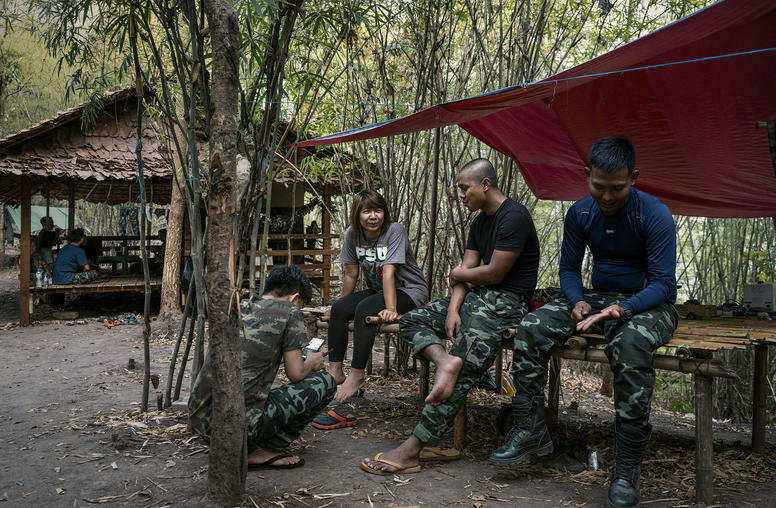
The Role of Women in Myanmar’s Evolving Security Institutions
Myanmar’s women have assumed an unprecedented leadership role in the pro-democracy resistance since the 2021 coup. From nonviolent protest movements to fighting in People’s Defense Forces (PDF) to the National Unity Government (NUG), women have been instrumental in the fight against the ruling junta’s brutality and oppression. But as Myanmar’s network of resistance groups slowly weakens the junta’s grip, resistance leaders are now faced with a daunting task: How do you re-establish security and stability in a country long plagued by civil conflict?
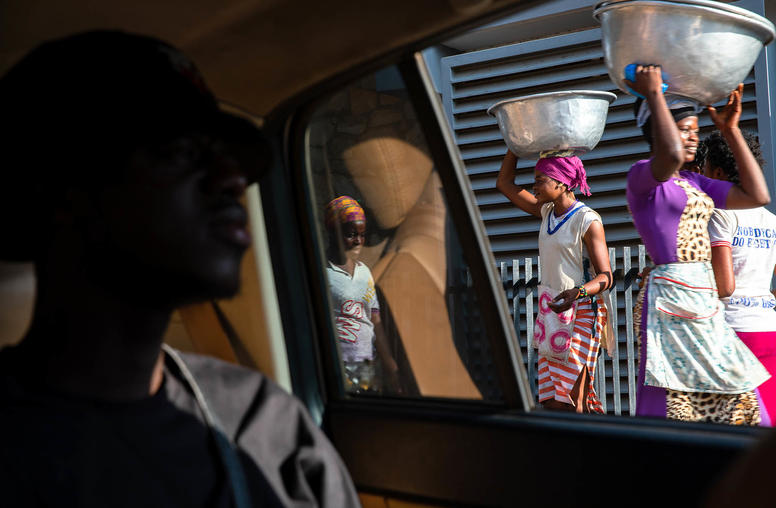
Coastal West Africa Senior Study Group Final Report
The countries of Coastal West Africa are currently facing significant challenges to peace and security as extremist violence spills over from the neighboring Sahel region. Attacks in 2022 in the northern parts of Benin, Côte d’Ivoire, and Togo illustrate the immediacy and gravity of the threat, and governments across the subregion are grappling with protecting fragile communities in the north, addressing porous borders that facilitate attacks from neighboring states, and building the capacity of security forces to address the threat.